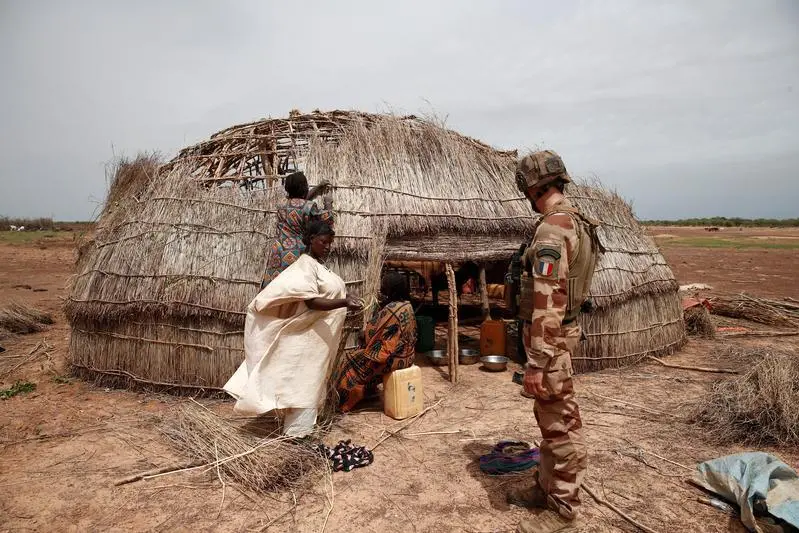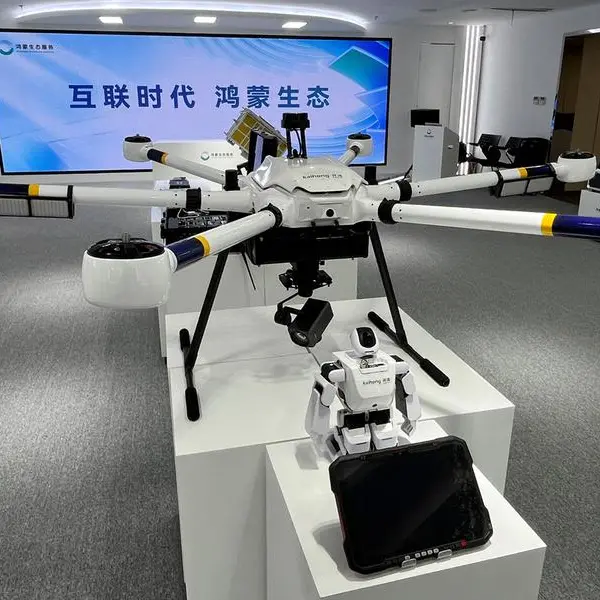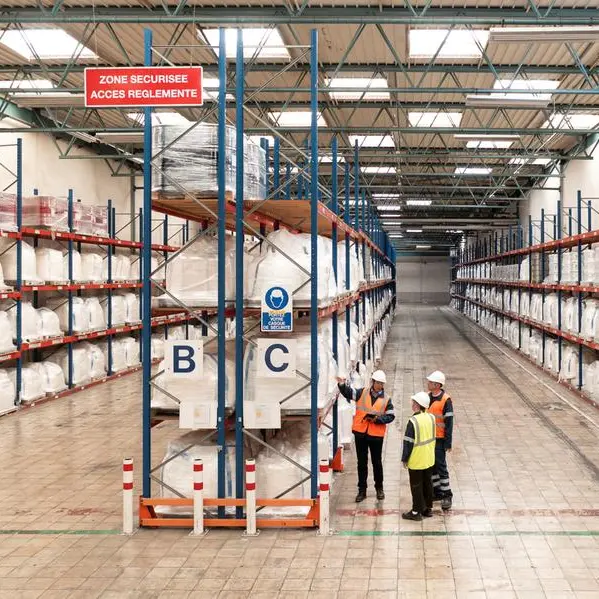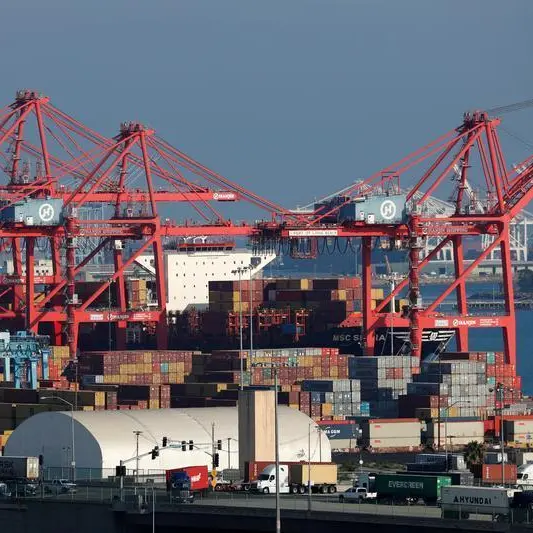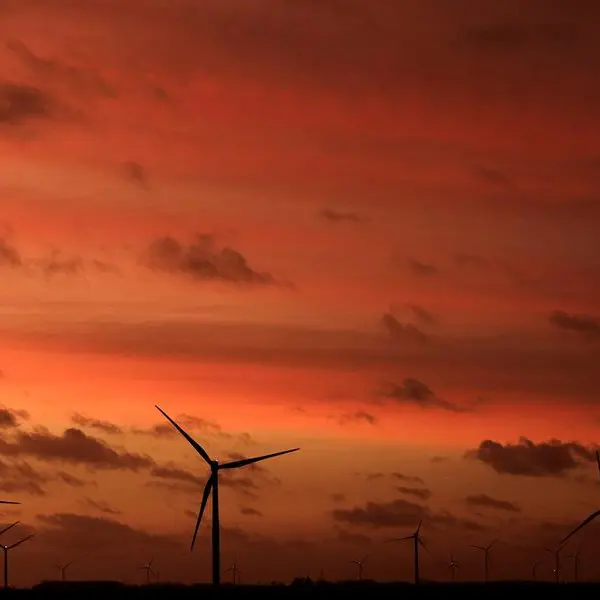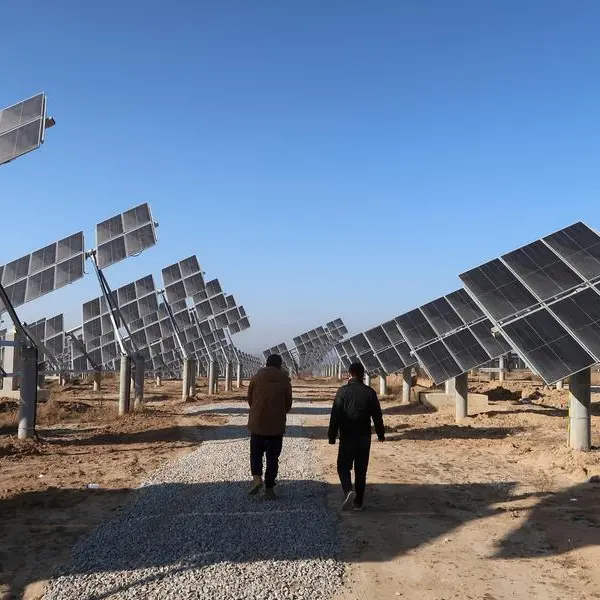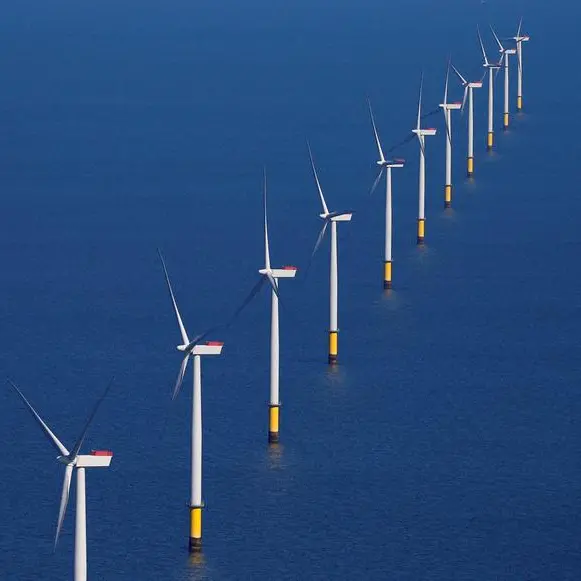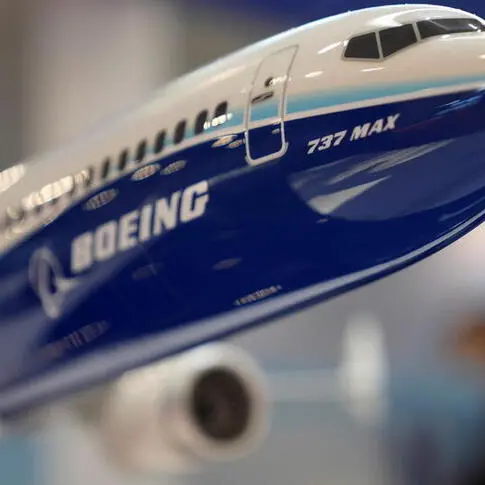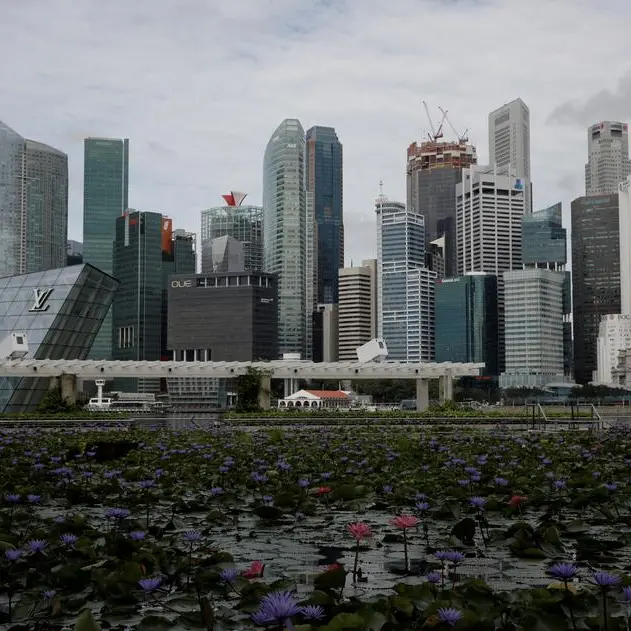PHOTO
(The opinions expressed here are those of the author, a columnist for Reuters)
By Peter Apps
LONDON- As Russia’s war in Ukraine entered its second month in the final week of March, Malian troops and their newly arrived white mercenary backers were rounding up dozens of civilians around the town of Moura and ushering them to their deaths.
Human Rights Watch this month accused unnamed Russian mercenaries of involvement in the killing of around 300 civilians. Survivors told Reuters that while most killings were conducted by Malian forces, they were accompanied by white men in military uniform who did not speak French but communicated mostly in sign language as local troops identified and killed men, mainly ethnic Fulani herders.
The killings – which Human Rights Watch said could be the worst single incident in Mali’s decade of conflict – marked what appeared to be a further escalation in the Kremlin’s involvement in Africa.
Last year, Britain, France and the United States expressed concern at the presence of what they said were mercenaries from the Wagner Group, a private Russian military contractor, in Mali, from which French forces then withdrew in February just as the Ukraine war began.
As in Ukraine, increased apparent Russian activity has been accompanied by what appears to be a sophisticated information warfare campaign. A February report from U.S. think tank the Atlantic Council’s Digital Forensic Research Lab uncovered what it said were coordinated networks pushing pro-Russian and anti-French content in Mali also supportive of its increasingly Moscow-aligned military rulers who seized power in coups in 2020 and 2021.
As suspected Wagner mercenaries moved into Mali this year, the regional ambition of those networks appeared to broaden, foreshadowing an attempted January 2022 coup in Burkina Faso with content calling for a wider "revolution" by the people of the Sahel region of Africa.
As in Libya and Central African Republic, Russia’s model for involvement has emerged as an opaque mix of diplomatic, arms and business deals, mercenary and particularly suspected Wagner activity – and now increasingly sophisticated involvement in the region’s thriving Francophone but often anti-French political social media scene.
France had several thousand troops in Mali fighting Islamist extremists alongside European and other forces. But opposition to that presence intensified in both the region and France through 2020 and 2021, particularly after Paris initially attempted to deny killing civilians in a January 2021 airstrike that the UN later concluded had killed at least 19.
'PUTIN EQUALS SOLUTION'
Meanwhile, Russia was shaping the broader Malian political environment in plain sight. Facebook pages retrieved by Atlantic Council analysts suggest a long-running cultivation of pro-Russian and anti-French sentiment going back to at least 2017, including overt interactions with Russian diplomats in Mali. Placards at anti-French demonstration since last year have praised Moscow alongside slogans like "Merci Wagner" and "Putin equals solution".
Former military officer and interim president Assimi Goita, one of the key figures of the August 2020 coup who entrenched his power in a second military seizure last year, was trained by the United States. However, along with those around him, he is seen as having embraced Russia as an alternative to France, with pro-Russian narratives particularly common on Facebook pages supporting him and the Malian Armed Forces.
This month, the European Union announced it would stop training Malian forces over their reported abuses and Wagner links, following a similar move with Central African Republic in December. In the Malian capital last week, German Foreign Minister Annalena Baerbock said she feared "major war crimes" in the country.
The United States has kept up similar pressure, balancing its long-running worries about Islamist militancy with concerns Moscow will kick out pro-Western governments and support military rulers whatever they wish.
On Monday, the Malian government tweeted pictures of two new Russian attack helicopters, military commander Major General Oumar Diarra describing them as a sign of Mali's "strong political will" and work with Russia "to keep our autonomy and defend our country".
The previous week, a Russian-built Malian helicopter was reported to have fired several missiles near British troops deployed as part of the UN peacekeeping force in Mali, now the primary international military presence there but which the government is seen as potentially keen to also have removed.
EMBEDDED IN LOCAL POLITICS
The struggle for influence in sub-Saharan Africa between Paris and Moscow is not new but it has been escalating since at least 2017, when President Faustin-Archange Touadera of the Central African Republic visited Russia and signed deals for Russian arms and trainers, again reportedly including Wagner contractors.
The Wagner Group – also previously active in Sudan and Mozambique – is believed to be owned by Yevgeny Prigozhin, a businessman and former catering contractor to the Kremlin dubbed “Putin’s chef”. Prigozhin has always denied involvement and the firm itself invariably declines or is unavailable to comment on its actions.
The relationship between France and Russia has also always been complex. The two backed the same warlord, Khalifa Hatfar, in the battle for post-Gaddafi Libya and his eastern Benghazi stronghold still remains heavily dependent on Wagner and other Russian support to hold back the United Nations and particularly the Turkish-backed government.
Some analysts expect French support for Hatfar to cease completely after Russia's invasion of Ukraine, although others disagree. There have been reports some Wagner Group fighters have been withdrawn from Libya and Syria to fight in Ukraine – but in Mali at least, Russia appears keen to keep up the pressure.
According to the Atlantic Council, moderators at Facebook-owner Meta have declined to take down what analysts believe are Russian-backed groups and accounts in Mali, in contrast to action they took in late 2020 to block both suspected Russian and French state-run Mali-facing accounts they accused of breaching Facebook’s terms of service.
The reason, Atlantic Council suggests, is that the new Russian activity is so deeply embedded in Mali’s political discourse that working out where one ends and the other begins has become a challenge.
The Kremlin may be struggling in Ukraine, but it is likely happy with where things currently stand in the Sahel.
*** Peter Apps is a writer on international affairs, globalisation, conflict and other issues. He is the founder and executive director of the Project for Study of the 21st Century; PS21, a non-national, non-partisan, non-ideological think tank. Paralysed by a war-zone car crash in 2006, he also blogs about his disability and other topics. He was previously a reporter for Reuters and continues to be paid by Thomson Reuters. Since 2016, he has been a member of the British Army Reserve and the UK Labour Party.
(Editing by Nick Macfie)
